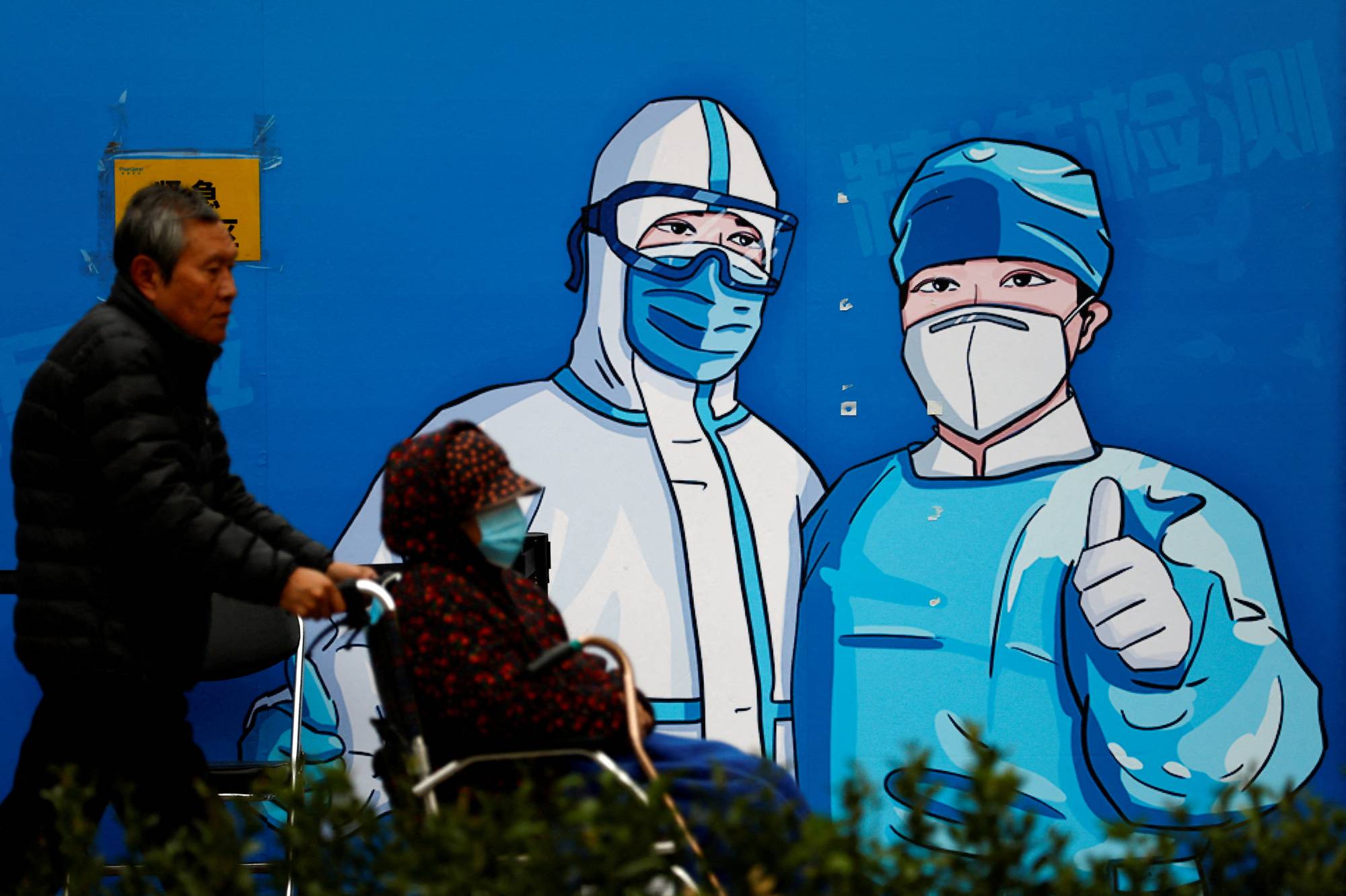It’s nearly impossible to eat in a restaurant in Wuhan, the central Chinese city where COVID-19 was first detected nearly three years ago. There are few flights out of Zhengzhou, home to the country’s largest iPhone factory. And many children in the tech hub of Shenzhen haven’t been inside a classroom in weeks.
Sweeping lockdown orders like that deployed in Shanghai earlier this year haven’t been announced in any of these places, yet people, businesses and entertainment venues are operating as if they’re in place.
Local officials, under pressure to implement Chinese President Xi Jinping’s strict "COVID zero" policy with less impact on society and the economy, are instead trying to stay under the radar, communicating restrictions with businesses directly, or shutting small sections of a city incrementally to avoid the panic of a blanket order. In some cases, residents aren’t even being told, coming home to find they’re locked down.


















With your current subscription plan you can comment on stories. However, before writing your first comment, please create a display name in the Profile section of your subscriber account page.